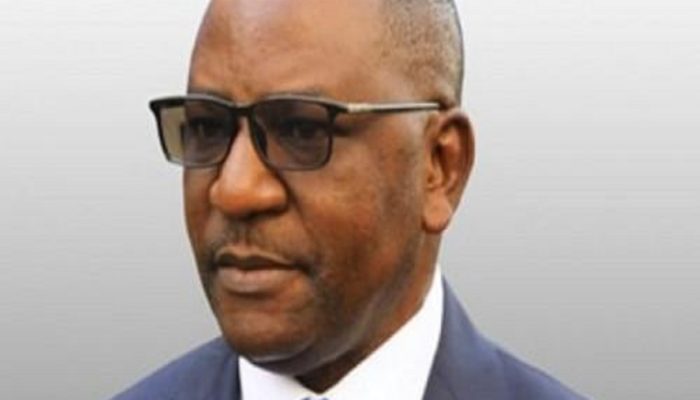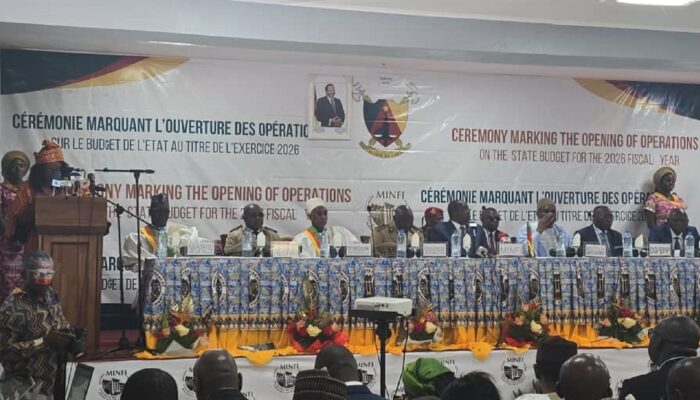In detail, this new agreement falls within the framework of the first review of the Resilience and Sustainability Facility (FRD), as well as the sixth reviews of the program supported by the Extended Credit Facility (ECF) and the Extended Credit Facility. credit (MEDC). Indeed, the said agreement will very soon be submitted for validation by the IMF Executive Board; and in the event of no objection from the Council, a sum of 71.5 billion CFA francs (current dollar rate) or 118.6 million dollars should be released in favor of the Cameroonian State.

Although the IMF expresses its concern around what it called “the integrity and execution of the budget” of the Cameroonian State during the year 2023, on the overall envelope 71.5 billion CFA francs which will be intended for the country of Paul Biya, 44 billion FCFA will constitute budgetary support under the Extended Credit Facility (ECF) and the Extended Credit Mechanism (MEDC). While the IMF emphasizes that the evolution of public finances was generally in line with the objectives of the program, other factors militate for the provision of the sum mentioned above.
According to the Bretton Woods Institution, “…The non-oil primary deficit improved to 2.6% of GDP in 2023 (compared to 3.9% in 2022). Budgetary rebalancing benefited from the good performance of non-oil revenues and the efforts made by the public authorities to reduce costly fuel subsidies…”. Alongside the positive factors, the International Monetary Fund expresses reservations on the management of budgetary envelopes.
At a time when the specter of a budgetary correction to the 2024 finance law looms for the June parliamentary session; at the IMF, we recall that, “… During the year 2023, the Cameroonian government executed expenditures which were not initially planned in its finance law. This led to an overrun of the initial budgetary envelope, reserved for current state expenditure.” A vision of the Fund which is not necessarily well shared by Yaoundé, which speaking of the finance law amending the 2024 budget assures that, “the planned budgetary amendment will allow, among other things, to limit certain expenses carried out by means of cash advances »
In short, if in the opinion of the IMF the management of public finances, particularly the budget, continues to present some weaknesses with the immediate consequence of limiting resources intended for priority investments in favor of growth; in a context where the State of Cameroon is preparing to rectify the budget for the 7th year in a row, the urgency “to redouble efforts to improve the integrity and execution of the budget” during the The year 2024 is an imperative.






